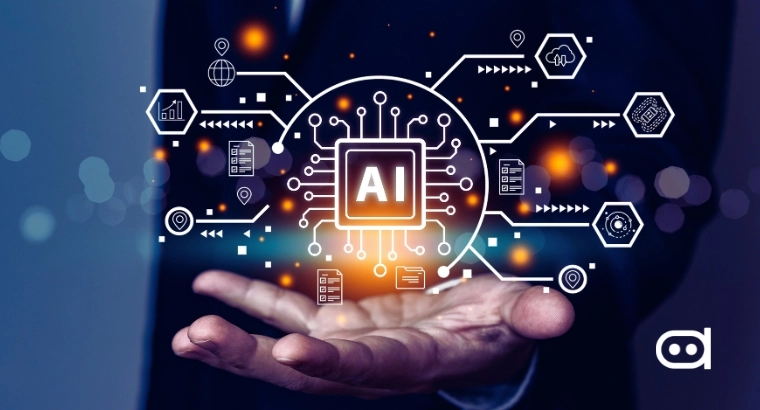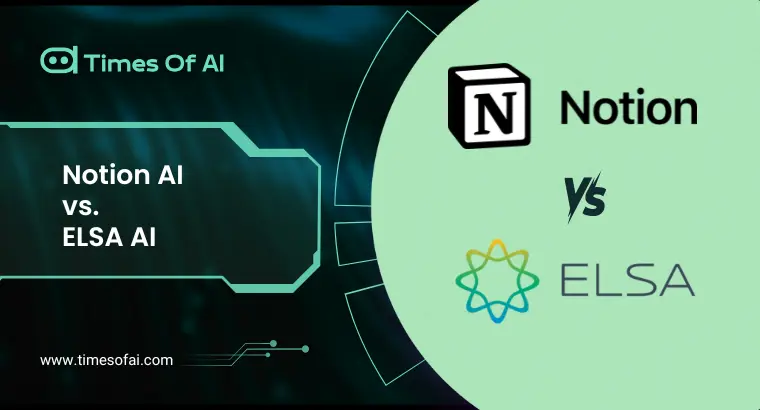
November 28, 2024 – The impact of AI on intent-driven service orchestration and assurance is changing the very paradigm of network and service management. This would lead to completely autonomous networks. AI facilitates that by automated processes, interpreting high-level service intents, and enabling real-time assurance so that Communication Service Providers (CSPs) can work in a seamless, efficient operational mode, which is dynamic with business goals.
AI automates service orchestration by turning service intents into effective, processable configurations. This combines high-performance natural language processing that can understand users’ commands with specifically designed orchestration actions. Predictive analytics significantly contribute to the assurance of service by locating faults before they happen, which also makes it capable of much more. By analyzing telemetry and historical data, AI systems predict and mitigate service degradation or capacity challenges before such incidents occur for proactive maintenance.
Implementing AI is a very helpful exercise in creating service blueprints via machine learning techniques such as pattern recognition or digital twin simulations. All of these reduce time-to-market for innovative services by accelerating deployment cycles and ensuring standards compliance.
AI combined with intent-driven orchestration has great promise in allowing programmable networks to reach their full potential. AI continuously adapts itself to resource optimization and performance with respect to business priorities, from lifecycle management to closed-loop operations. With these advancements, autonomous networks are becoming a reality, setting a new benchmark for efficiency and adaptability in telecommunications.
Latest Stories:
Medicrew Launches VR Medical Training Platform for Growth
GenAI Revolutionizes Financial Planning and Analysis
Siemens Study: Data Gaps Hinder Decarbonization Despite AI’s Promising Role





